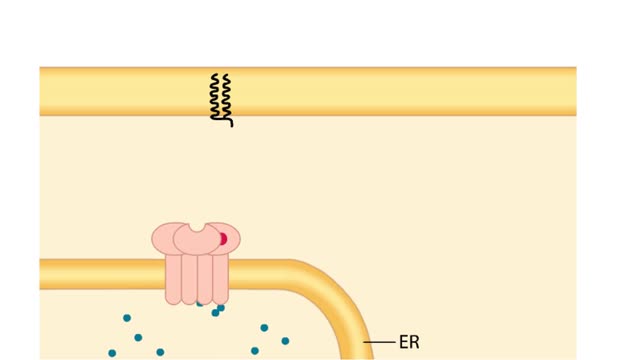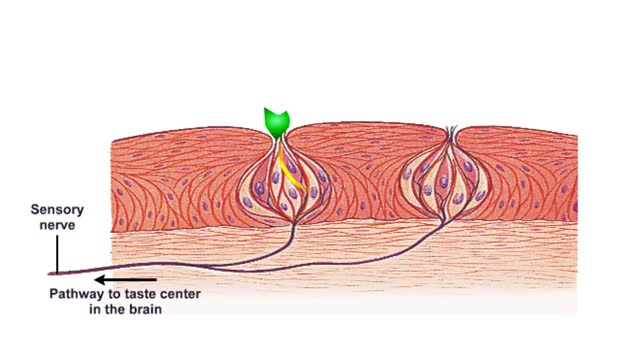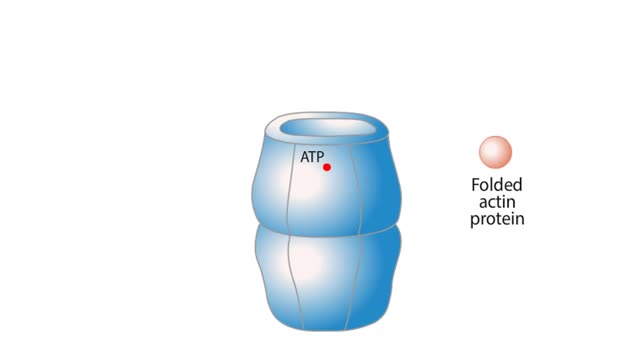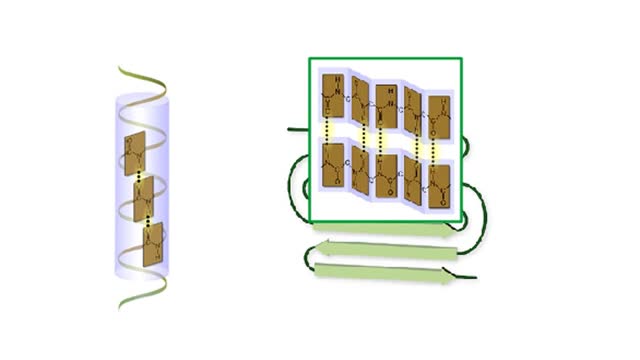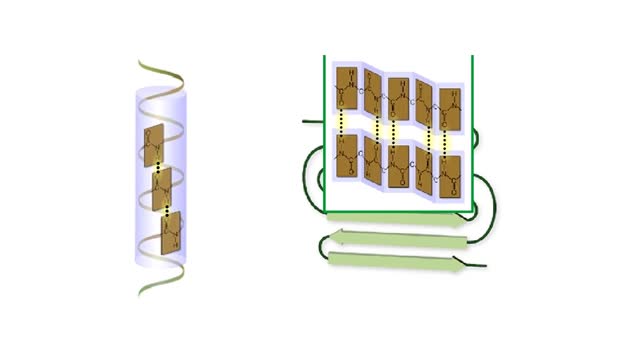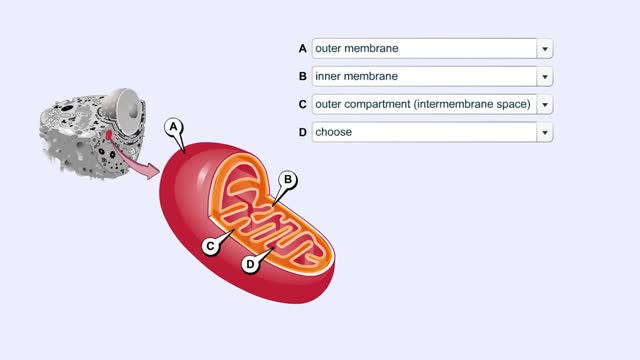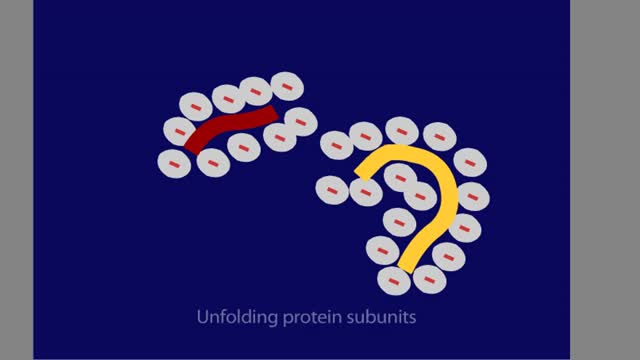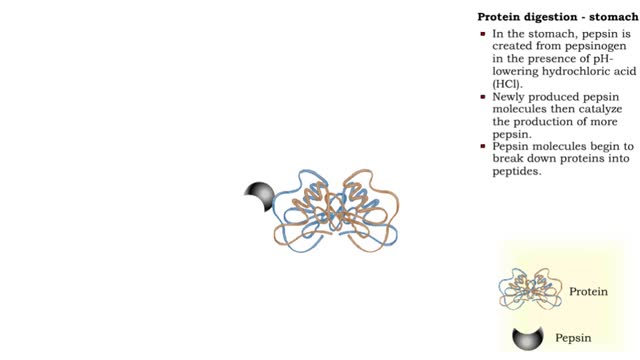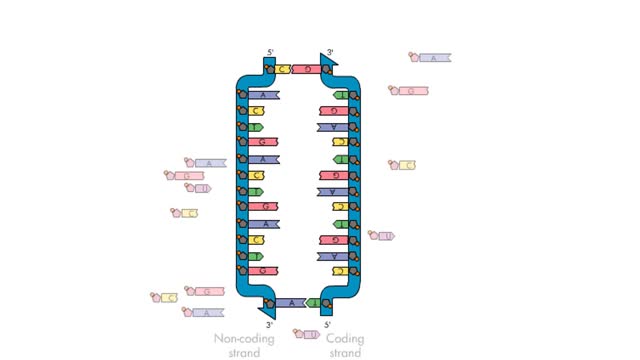Search Results
Results for: 'protein kinase'
Second Messengers in the Inositol-lipid Signaling Pathway
By: HWC, Views: 10258
Extracellular signals produce specific responses in target cells through the action of intracellular second messengers. Here, we focus on three second messengers, IP3, DAG, and Ca2+, all involved in the inositol-lipid signaling pathway. A hormone-receptor signal on the cell surface leads to the a...
What are Taste Receptors? How Does it Work? Animation
By: HWC, Views: 8009
Do you ever wonder how you can taste the foods you eat? It all starts with taste receptors in your muscular tongue. Taste receptor neurons are found in your taste buds but you are not looking at the taste buds. The raised bumps on the surface of the tongue that you see are specialized epith...
By: HWC, Views: 10779
The life cycle of a typical protein begins with its synthesis on a ribosome. As the polypeptide chain grows, molecules of a chaperone protein bind along its length. This prevents misfolding of the nascent polypeptide. ATP binding causes chaperone release. For most proteins, the polypeptide th...
Protein Secondary and Tertiary Structures - Animation
By: HWC, Views: 7333
Amino acid sequence dictates a protein's final shape. The presence of certain amino acids favors a pattern of hydrogen bonding that causes part of the polypeptide chain to coil and twist into an alpha helix. The presence of other amino acids enables hydrogen bonding between strand like r...
Secondary and tertiary levels of protein structure Animation
By: HWC, Views: 4985
Amino acid sequence dictates a protein's final shape. The presence of certain amino acids favors a pattern of hydrogen bonding that causes part of the polypeptide chain to coil and twist into an alpha helix. The presence of other amino acids enables hydrogen bonding between strand like re...
Mitochondrial Structure & ETC Protein Complexes (Protein Complexes and Electron Transport)
By: HWC, Views: 10736
The energy carrying molecules, NADH and FADH2, that were generated in glycolysis and the Krebs cycle, now are processed in the mitochondria where their high energy electrons are deposited in an electron chain complex located in the inner mitochondrial membranes. These high-energy electrons now dr...
Power Supply Polyacrylamide Gel Protein Sample
By: HWC, Views: 10373
SDS-polyacrylamide gel electrophoresis is a powerful tool, which resolves proteins according to their molecular weights. Because proteins differ in size, shape, and charge, a protein sample is first denatured with the anionic detergent SDS. When the sample is heated, the SDS molecules bind to ...
Protein digestion - stomach & small intestine
By: HWC, Views: 10628
• Protein digestion occurs in the stomach and small intestine. • The stomach enzyme pepsin initiates the process. • Pancreatic and intestinal brush border enzymes complete the digestive process. • In the stomach, pepsin is created from pepsinogen in the presence of pH-lowering hyd...
Transcription—A molecular view
By: HWC, Views: 6776
Transcription, as related to genomics, is the process of making an RNA copy of a gene's DNA sequence. This copy, called messenger RNA (mRNA), carries the gene's protein information encoded in DNA. During transcription, a DNA molecule is copied into RNA molecules that are then used to translate...
Advertisement



